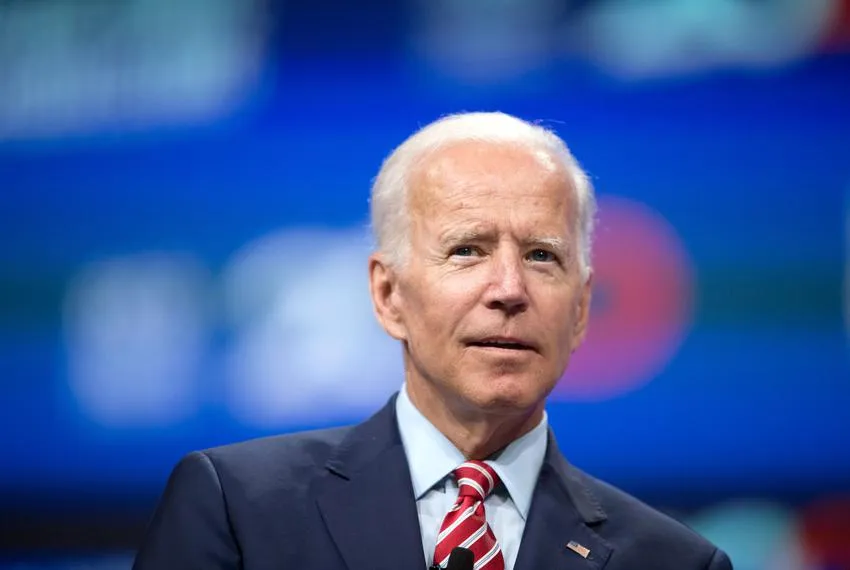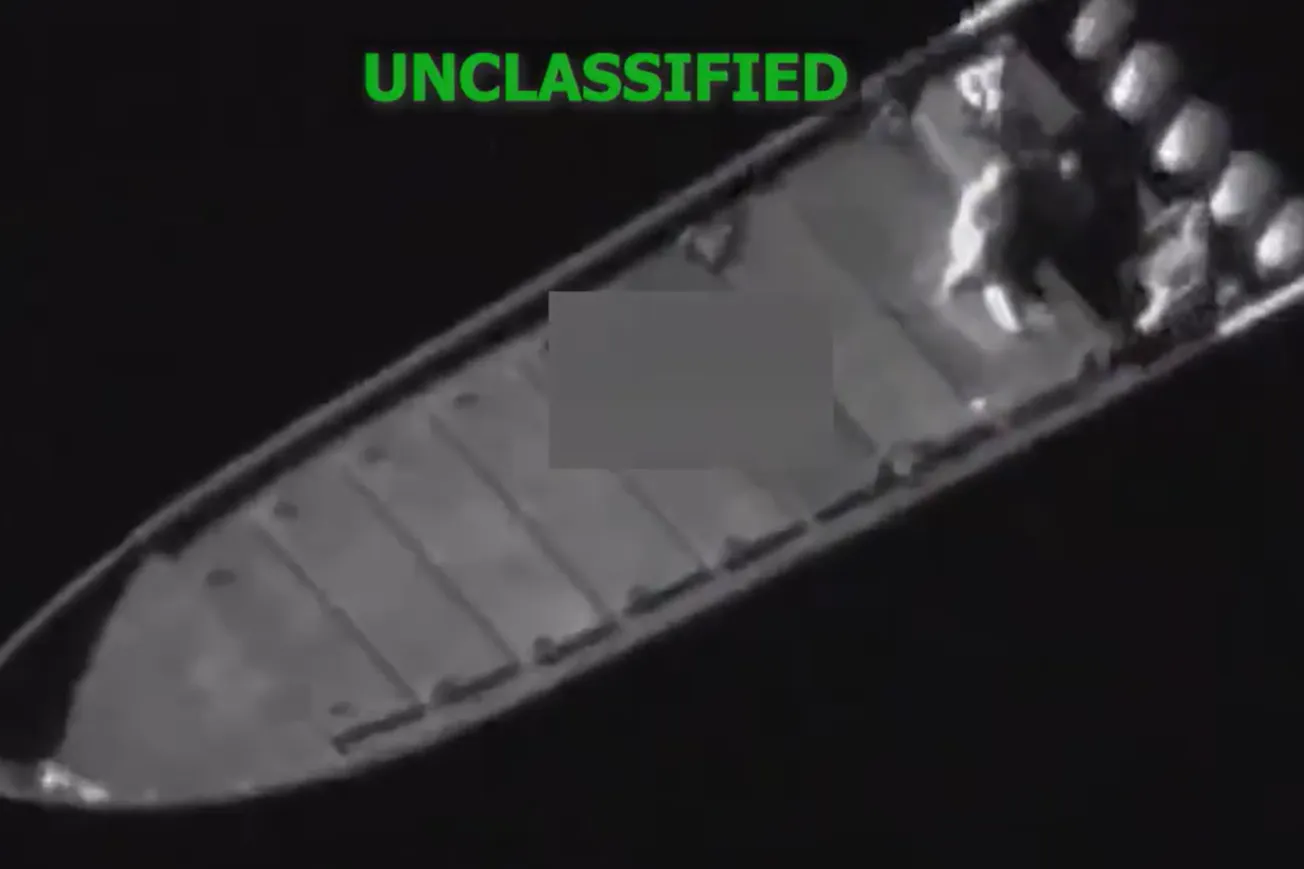While the general public is often left feeling short-changed by the ambiguous responses spouted by politicians, this week, everyone learned that there is a credible place for ambiguity and non-answers in political and diplomatic circles. That it was President Biden who stirred the already abuzz hornet's nest added gravity to the situation.
Speaking outside an event hosted by CNN, when asked, "Can you vow to protect Taiwan," President Biden said, "Yes." He went on to state that the U.S. has "a commitment to do that."
The forthright answer by the Supreme Commander of the U.S. raised hackles in China. At home, the administration was caught on the back foot and scrambled to assert there was no change in American policy towards Taiwan.
While the Taiwan Relations Act, enacted on 10th April 1979, commits the U.S. to help Taiwan defend itself, it does not require the U.S. to go to war to defend the island as is the case in a NATO agreement.
"Taiwan is an inalienable part of China's territory. The Taiwan issue is purely an internal affair of China that allows no foreign intervention," Foreign Ministry spokesperson Wang Wenbin said.
Taiwan is part of China's 'one country, two systems' doctrine. Over the years, the Taiwanese have moved away from the mainland, creating a distinct identity of their own. Beijing has in the past warned the U.S. to "choose words carefully" and not give "false hope" to Taipei. Threatened by calls for complete independence, Beijing has increasingly attempted to shackle Taipei.









